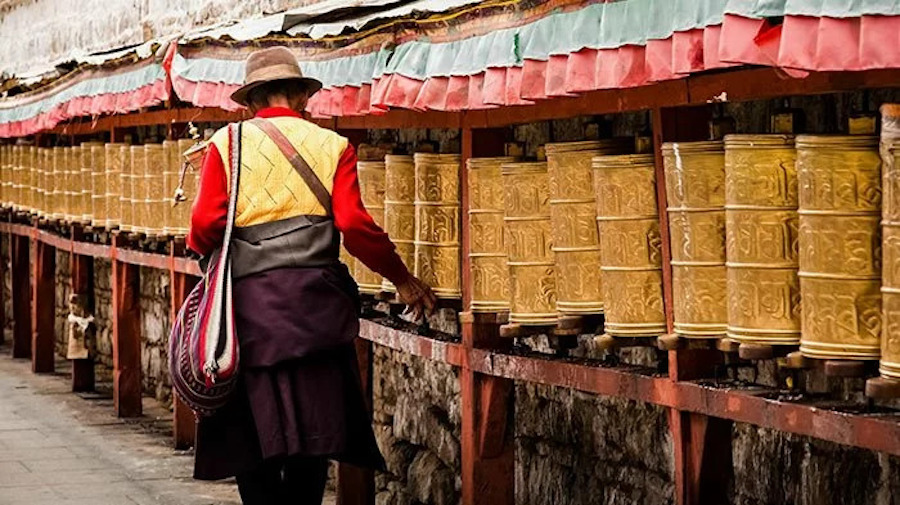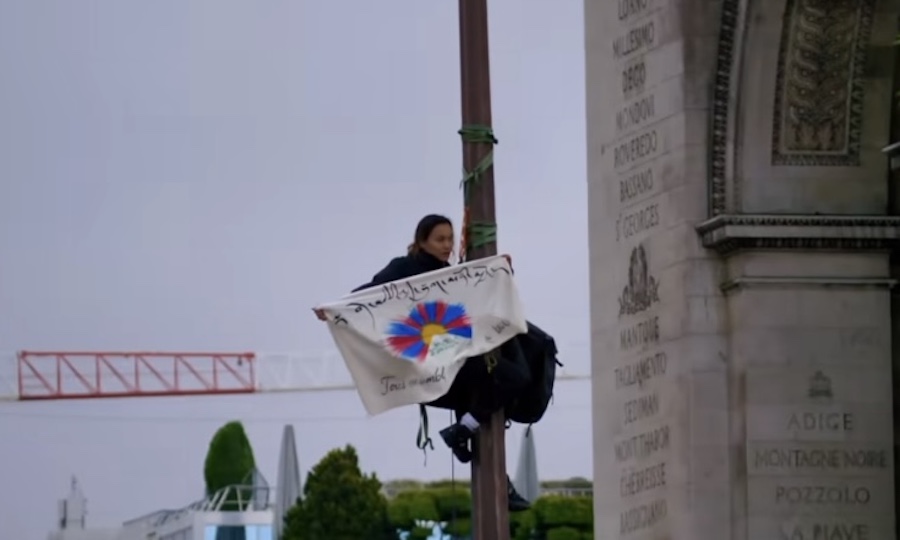By Choekyi Lhamo
DHARAMSHALA, May 14: Tibetans in Lhasa have been instructed to restrict certain religious practices during the holy month called ‘Saga Dawa’ in a circular sent by the Lhasa City Buddhist Association on May 9. The Tibetans consider the fourth month of the Tibetan calendar sacred and observe intensive Buddhist practices during the period, which began on Wednesday.
Lobby and activist group International Campaign for Tibet (ICT), stated that while the sole reason for the order is premised on the risk of contracting and spreading COVID-19, the real aim is to further restrict Tibetans religious freedom. Despite Chinese government’s claim to impose these measures for containing the pandemic, the same government has fallen short of stopping Chinese tourists from visiting Tibet, which continue to pose risks to the people.
The US-based group said the messaging of the Chinese government is contradictory, “While coronavirus prevention measures are valid as the pandemic continues to afflict the world, the Lhasa authorities seem to be using them as a pretext to continue reducing space for Tibetan Buddhists to practice their faith during this holy month.
“China itself has claimed that there have been no COVID-positive cases in the TAR since the first one in 2020. Moreover, China has refused to stop the flow of Chinese tourists to Tibet, undermining its stated goal of reducing the spread of the virus and adding to the preferential treatment Chinese citizens receive in the Tibetan homeland.”
The Lhasa city circular proposes four key points: Tibetans to adopt “correct view” on religion and not go for Lingkor (circumambulation route); general tourists to be “well-behaved tourists”; and monasteries to uphold harmony and undertake approaches adopted by the CCP on pandemic prevention. The four-point proposal does not ban religious practices but strictly implies that the Buddhist rituals will impact the Covid-19 situation in Lhasa.
The ICT report reasoned that the contradictory claims of the authorities sent mixed signals as the Beijing administration claimed that there have been no reports of Covid-19 cases, not just in Lhasa, but throughout the Tibet Autonomous Region (TAR), except one case treated in early 2020.
The Chinese state media outlet Xinhua on May 7 reported that despite the pandemic, tourists traveling to TAR “surged in the first quarter of this year compared with the same period of 2019, with tourists arriving via train up by 20 percent and those arriving via air up by 28 percent, regional data shows.” The TAR authorities announced that they received a total of 706,700 tourists during the May 1 holiday period alone.










